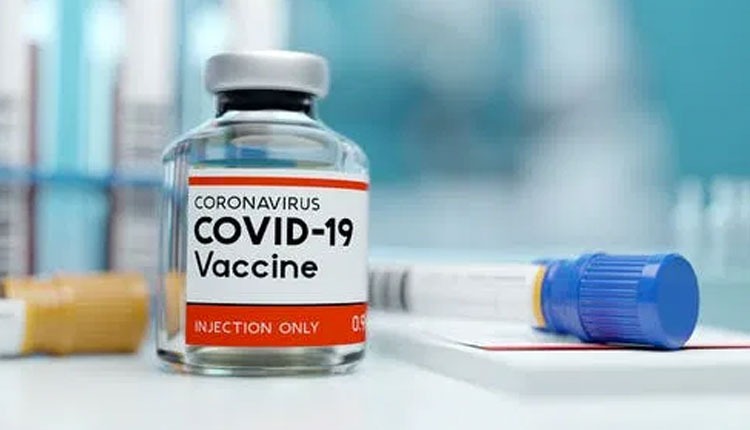China has issued conditional approval for a single-dose COVID-19 vaccine, believed to be a competitor to Johnson & Johnson’s single-dose shot approved by the US drug regulator on Sunday.
China’s first Ad5-nCoV COVID-19 vaccine was released on Friday, the state-run Global Times published on Sunday.
Phase-I clinical trials of the vaccine began on March 16, last year, making it the world’s first candidate vaccine, COVID-19, to be released in clinical trials.
First one-jab Covid-19 vaccine
It is the only single-dose VOCID-19 vaccine that has been granted conditional approval to be launched in China, a study cited last Friday by the state broadcaster China Central Television (CCTV).
People may have a beneficial protective effect after 14 days of inoculation.
The protective effect may last at least six months after a single dose of inoculation and may increase the immune response by 10 to 20 times if the second dose is taken half a year after the first dose, according to the study.
As a result, China’s medical product regulator has licenced five coronavirus vaccines, including Sinovac, Sinopharm, CanSinoBio and the Wuhan Institute of Biological Products.
One of the developers of the Ad5-nCoV vaccine said that annual manufacturing capacity would exceed 500 million doses, which means that 500 million people can be vaccinated every year.
The vaccine’s phase-I clinical trials began on March 16, 2020, making it the world’s first COVID-19 candidate vaccine to enter clinical trials, according to the Global Times report.
Despite the fact that China has supplied vaccines to a number of nations, none of them have been approved by the World Health Organization (WHO).
The Ad5-nCoV vaccine is a recombinant adenovirus vector vaccine jointly developed by CanSino Biologics and researchers from the Institute of Military Medicine under the Academy of Military Sciences led by Chen Wei, who is an infectious disease expert and a researcher at the Institute of Military Medicine under the Academy of Military Sciences.
“We have data for six months so far to prove the vaccine’s efficacy. People don’t need to take another dose within the first six months after their first inoculation. What if the epidemic is not over after six months? We have also developed the vaccine so that its effect is strengthened even after six months,” Chen said.
The US Food and Drug Administration approved Johnson and Johnson’s COVID-19 vaccine on Saturday, making it the third vaccine to be approved to tackle the pandemic, which has taken the lives of over half a million people in the United States.
The vaccine is expected to be a cheaper alternative to Pfizer and Moderna vaccines, and it can be kept in the refrigerator rather than the freezer.
Trials found it prevented serious illness but was 66 per cent effective overall when moderate cases were included. The vaccine is made by the Belgian firm Janssen.
China has been stepping up coronavirus vaccine production as it looks to vaccinate its 1.4 billion population and boost its vaccine diplomacy to make strategic gains.
Last Friday, China welcomed India supplying more COVID-19 vaccines to a number of countries, playing down reports that New Delhi has beaten Beijing in its vaccine diplomacy around the world.
Has India has beaten China at its own game of vaccine diplomacy?
Responding to a question on a report that India has beaten China at its own game of vaccine diplomacy, Chinese Foreign Ministry spokesman Wang Wenbin during a media briefing said, “We welcome that and hope to see more countries taking actions to provide vaccines to the world, especially developing countries, to help with the global response”.
“China has been overcoming domestic difficulties to provide vaccines to other countries in a concrete measure,” he said, flagging China’s own vaccine requirement to inoculate its 1.4 billion population.
He reiterated that China has been providing vaccines to 53 countries and exporting vaccines to 27 countries, amid reports that many of those countries are yet to receive Chinese vaccines or the promised quantities.











